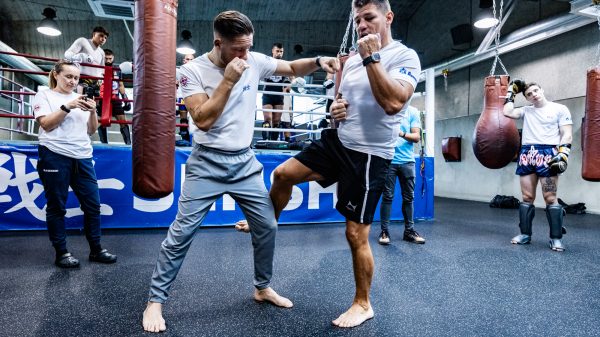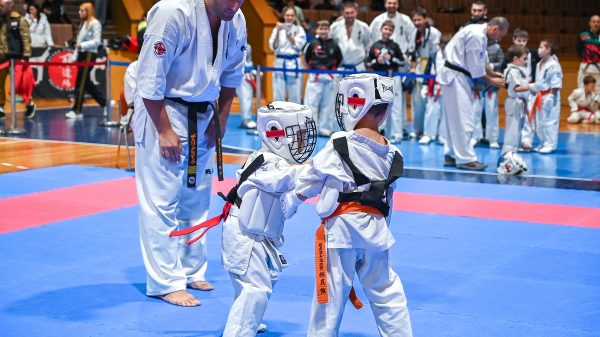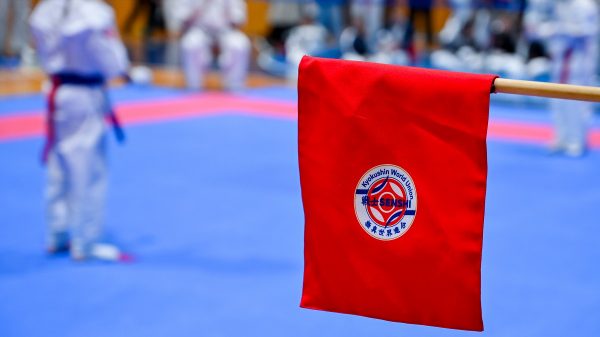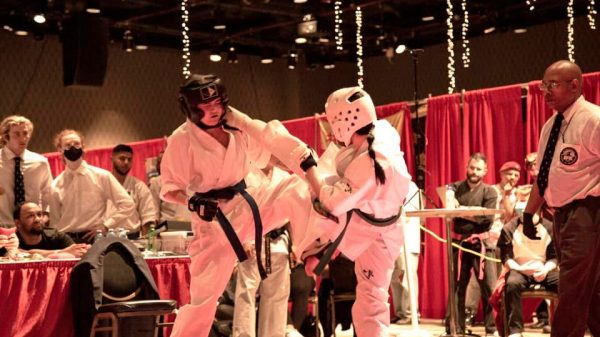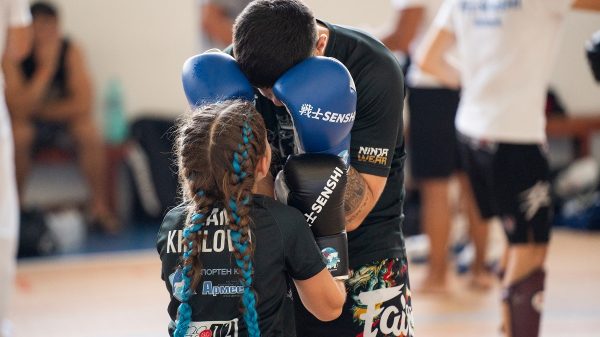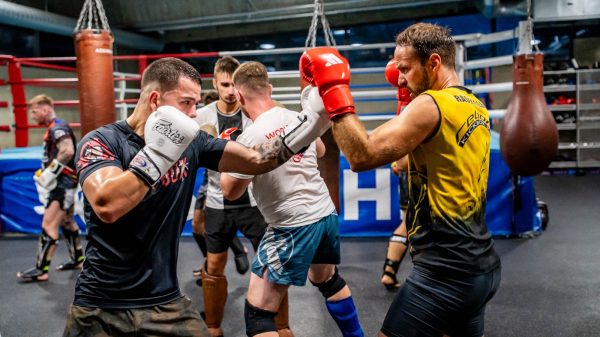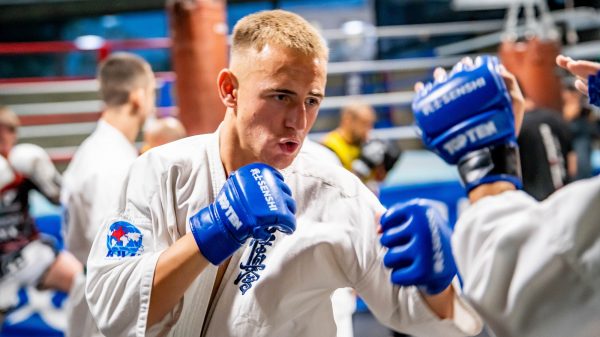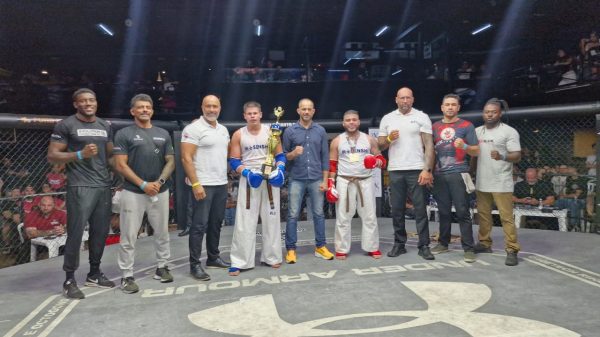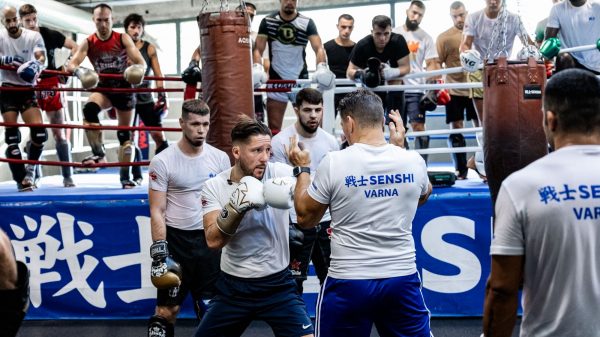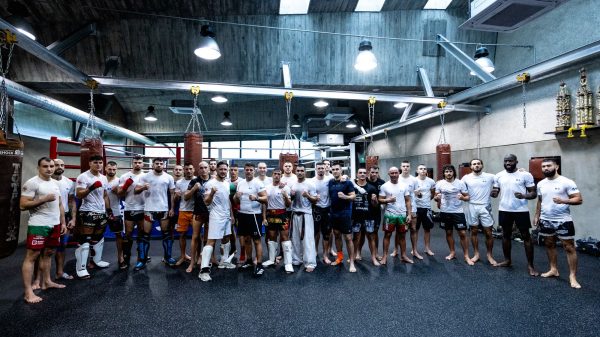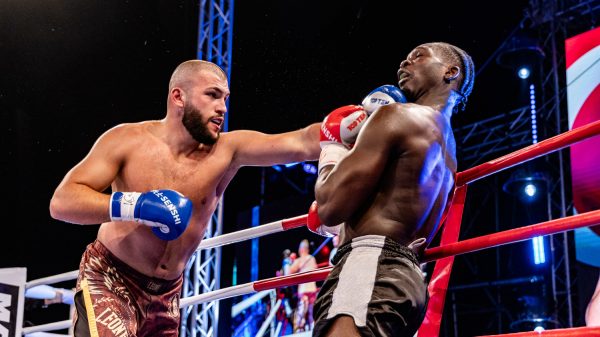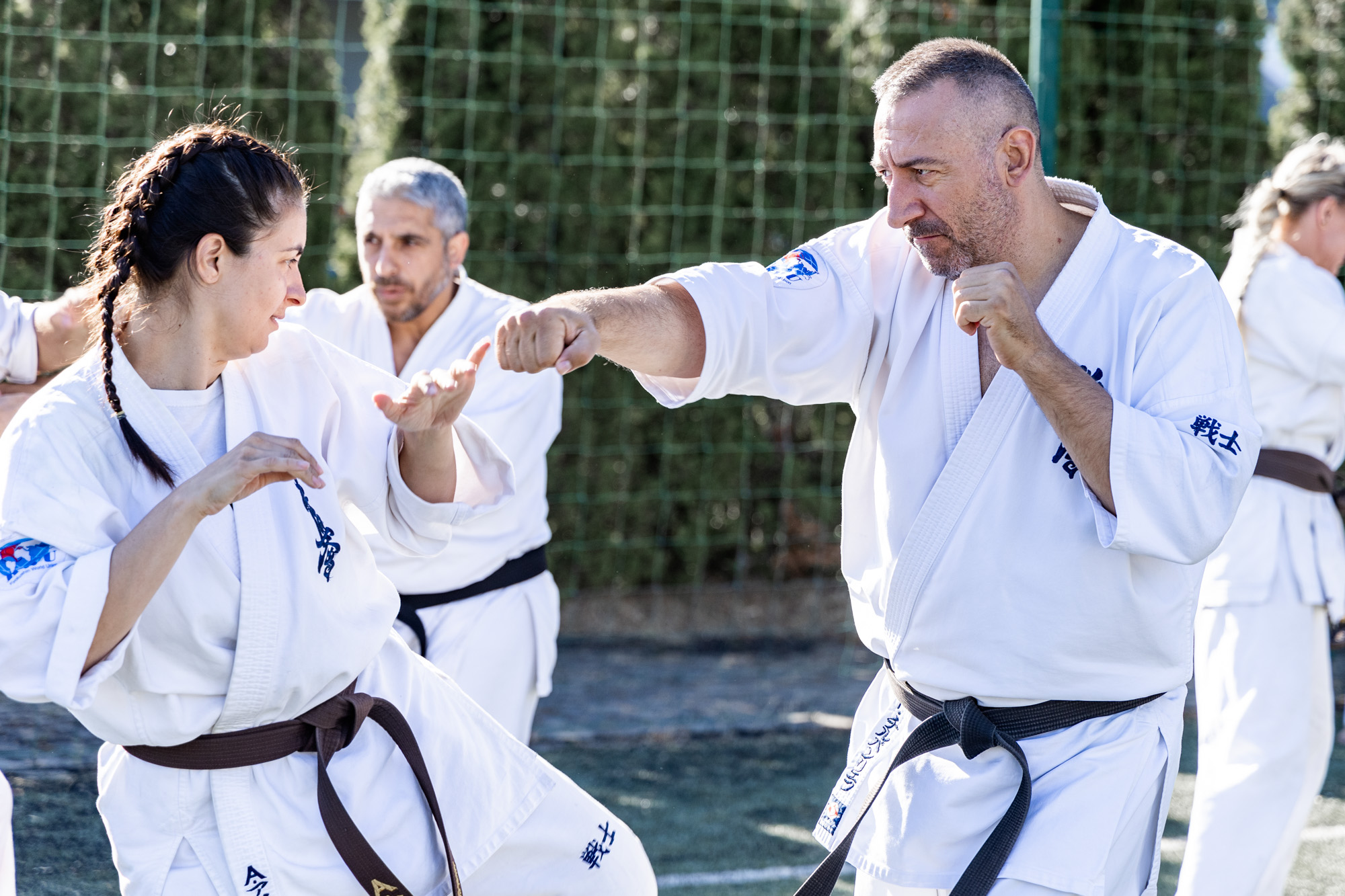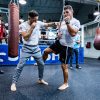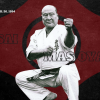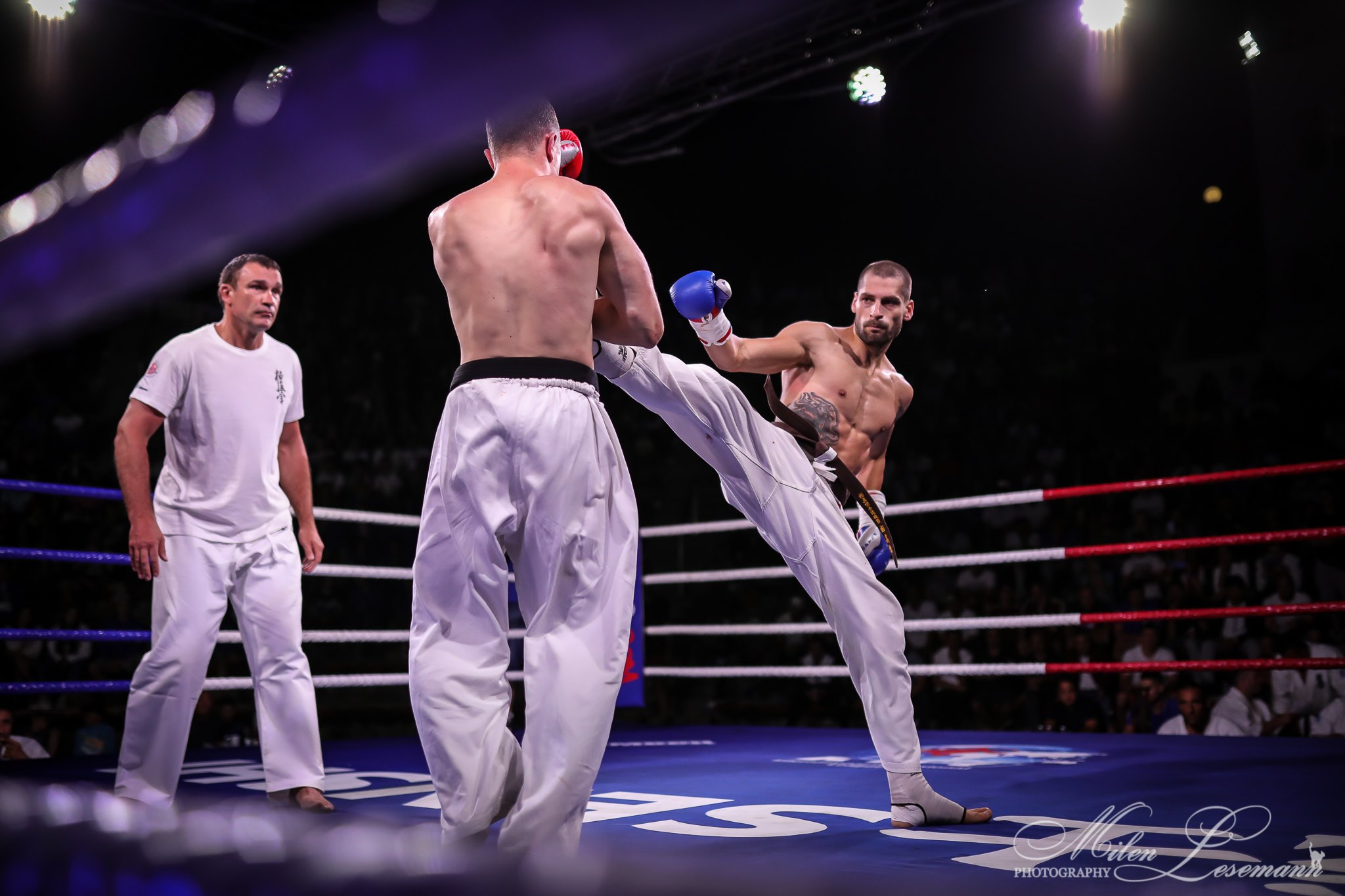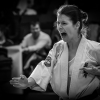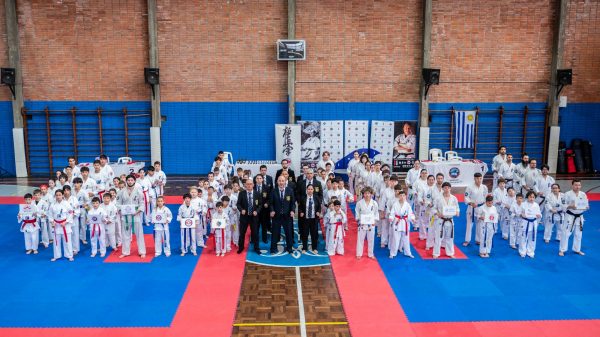By Sam Blum, lifehacker.com
In the western world, particularly the United States, martial arts tend to be defined by stereotypes: People who train are either eight-year-olds learning Karate kicks or bloodthirsty brawlers who hope to compete in the Ultimate Fighting Championship. But the notions that define mainstream popular conceptions of the martial arts aren’t true, and there are plenty of reasons why normal, well-adjusted adults can benefit from beginning their pugilistic journeys later in life. And you don’t have to bow alongside a fifth-grader if you decide to explore the martial arts past your 30th birthday.
Training gives you tangible goals
Kids train martial arts for various reasons, such as building self-esteem and defense against bullies, but a lot of the time, their training is an after-school activity that’s tantamount to daycare. At the Brazilian Jiu-Jitsu (BJJ) school where I’ve trained the last eight years, many kids come and go, and only a few stick with the sport seriously enough to pursue it on a competitive level as teens and later adults.
But training martial arts is a practice where tangible rewards come based on merit. If you decide to train in a discipline that’s based on a belt ranking—BJJ, Judo, Taekwondo, Karate, and many other martial arts use belt systems—you might find extra incentive in leveling up. Plus, in certain martial arts, such as BJJ, which has a robust competitive circuit, you can train to compete. Chasing medals and competitive accolades can feel like catnip to some martial artists, and maybe you’ll find that the challenge of competition adds a thrilling sense of meaning to your life.
Other than that, though, various grappling martial arts and other striking disciplines such as boxing and Muay Thai (Thai kickboxing), can whip you into fantastic shape. Many people struggle to find an enticing means of exercise once they reach adulthood, but martial arts give you a reason to keep coming back, even if you’re getting your ass kicked—because you’re learning and improving with each minute spent in the gym.
You’ll build community
Sometimes, adults find it difficult to build a community outside of traditional social venues. When it comes down to it though, there’s only so much time you can dedicate to hanging out in bars before the presumable community you’re building crumbles without alcohol.
Personally speaking, I’ve met so many interesting people who I’d never have the privilege of knowing if not for my foray into grappling and striking. It’s easier to get to know someone when you’re learning together and pushing each other to become better with each passing training session. If you’re similarly dedicated to a craft as someone else, you’ll invariably spend a lot of time together and potentially form strong bonds.
You’ll build self-belief
The notion of a mid or quarter-life crisis is cliché, but it’s nonetheless a term people often use to describe something of a spiritual void afflicting adults. Of course, learning how to throw a punch or roundhouse kick isn’t going to wash away all one’s problems, but accomplishing one’s goals is a fantastic way to cultivate self-esteem and future motivation.
Moreover, you’ll learn how to cultivate a sense of resilience when placed under pressure. Training can be grueling (if you take it seriously), and you might find yourself under more physical strain than you ever have been before, but you’ll also find that you have the fortitude to keep going in the face of that exertion and that you can stay calm amid the intensity of a sparring round. And though it’s implied, it’s worth mentioning that consistent training in any discipline will help you defend yourself if it ever came down to it.
Make sure to listen to your body, though
If you’re starting to train as an adult, bear in mind that we’re no longer kids with elastic limbs and bodies that heal on stupefying timelines. To that end, listen to your body. If you feel that some nagging pain is going to get worse and potentially cause an injury, take a week off (or however long you need). Longevity should be the goal here, and treating your body like you did when you were 17 won’t help that.


